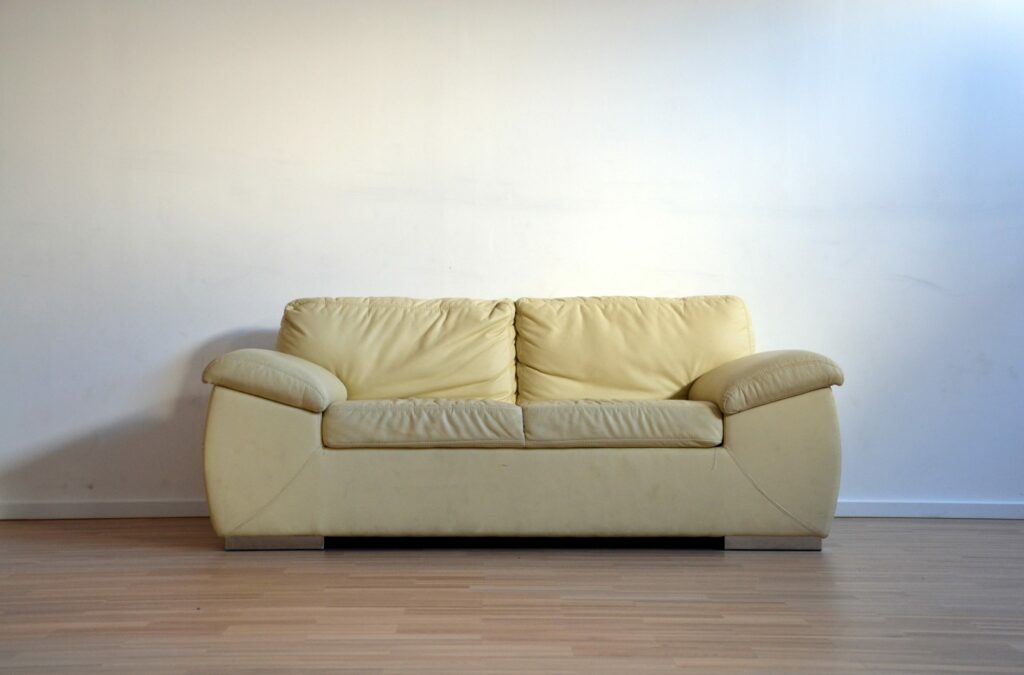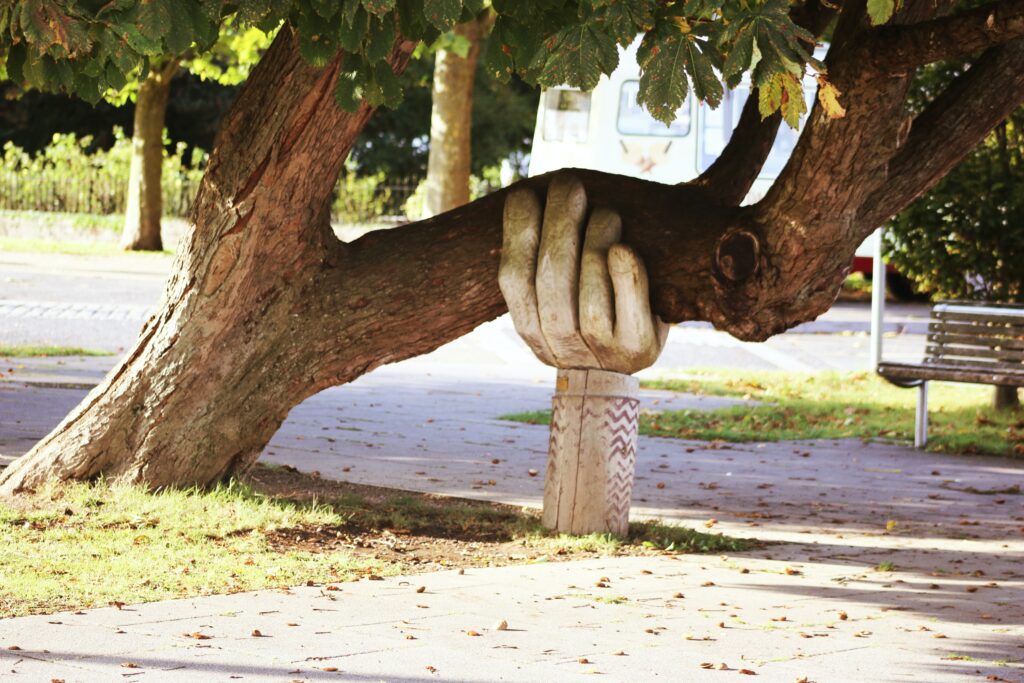In most cases…
… children go into Foster Care as a result of abuse and/or neglect. When they come into care they are often distressed and traumatised with half suffering from a mental health problem.

Facts & Figures
In 2014, the Government raised the age of Foster Care Leavers from 18 to 21, which is good news, only 5 years after we lobbied government for it! Although, how many young people are really ready for independent living at 21 and fully support themselves?
It’s very common nowadays for young people to stay at their family home way into their 30s. Plus, Foster Care doesn’t always work for every young person so some leave care early. For those who do stay in Foster Care, they often don’t get the support, stability and development they need and there is poor preparation for leaving.
The result is they leave without the skills, personal responsibility or discipline to be able to cope with living independently.
The outcome for young people in care is extremely poor:
- Over 12% of children in care have 3 or more foster care placements per year
- Only 14% obtain at least 5 good GCSEs compared with 65% in general
- 28% have a statement of special needs (10 times the proportion of children in general)
- 33% end up not in education
- Almost half of female children who leave care, become mothers within 18 to 24 months of leaving care. These children then end up in care.
- About 45 % of young people in custody have been in care
Source: Department of Education statistics, 31st March 2011
No-one should struggle like this. Especially our young people.
When young people arrive at our charity:
- They may be uneducated, untrained, unqualified and unable to equip themselves effectively to contribute to their own personal fulfilment. Many have poor health and emotional well-being.
- They may exhibit destructive or anti-social behaviour.
- They may have low self-esteem and difficulty in forming attachments and sustaining close relationships.
- Some have recognised mental health problems and/or emotional and behavioural issues, such as self-harming or a history of suicide attempt.
- Critically, most of these young people may have exceptionally poor motivation, poor educational performance as a result of cognitive damage and many have learning difficulties that have not been identified previously e.g. dyslexia.
- Many are unemployed in any capacity (paid or volunteering) and are living entirely on state benefits.
- Some already have a criminal record.
- Few have life skills.
- All are vulnerable, emotionally insecure and immature.
It’s not fair that these young people should continue to suffer. This is why we offer the house and personal development programme we do.
This means they can live in a stable, supportive environment and gain the skills and tools they need to go on and lead happy, healthy and successful independent adult lives.
About Your Donations, Where & How They are used
- All house monthly costs and maintenance
- Young person activities
- Young person welfare costs
- Young person therapy
- Projects with Young people, gardening, Christmas workshops, work experiences etc
- Staff costs including training and welfare
- Office running costs, incl volunteer expenses.
- Preparing for acquiring a new house

What does Cornerstone mean to you?
“For me, it would be… home… to come back to, always be safe and no matter what I am doing it is somewhere to come back to every day – it really is home.”
How you can get involved

Need Help?
Are you aged 16-25 and due to leave care, homeless or sofa surfing and need our help?

Donate
Help us house and support care leavers and young homeless by making a donation today.

Be a friend or sponsor
As part of your Corporate Social Responsibility (CSR) agenda, please support us
